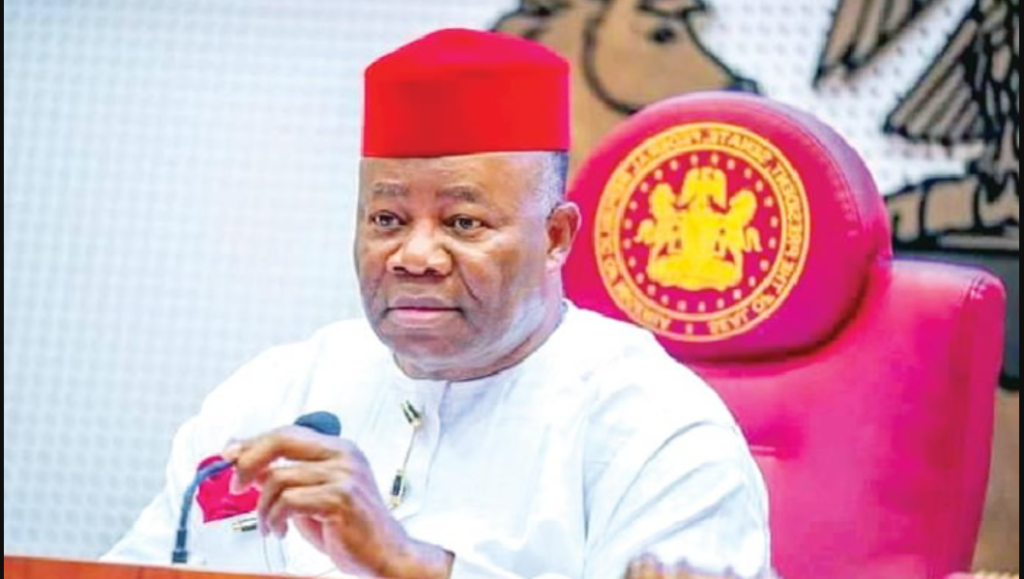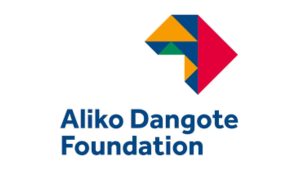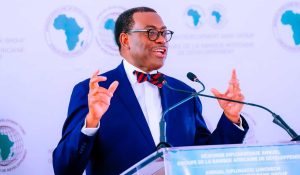
Akpabio’s Acknowledgement of Hardship: Is Relief on the Horizon?
In a departure from the typical government narrative, Senate President Godswill Akpabio has acknowledged the severe hardship Nigerians are facing. His admission comes late, as many have been grappling with escalating economic and social challenges since President Bola Tinubu assumed office in May 2023. Akpabio’s words will only resonate if they are accompanied by tangible improvements in the lives of Nigerians.
Other federal lawmakers have also started to recognize the gravity of the situation. Ahead of the National Assembly’s return from an eight-week recess, Senate Majority Leader Opeyemi Bamidele expressed concern about the hardship in a widely circulated opinion piece. Similarly, Senator Uzor Kalu described the economic situation as “biting” and urged President Tinubu to bring much-needed relief to the citizens.
As Nigeria’s third most powerful official, Akpabio’s recent comments carry significant weight. During the resumption of the legislative year, while praising Tinubu’s efforts, he acknowledged the harsh economic conditions. “In the face of rising economic pressures, our fellow citizens are grappling with inflation, soaring costs of living, and an unpredictable market,” Akpabio noted, expressing empathy for Nigerians during these trying times.
Akpabio is not wrong. Inflation, particularly on food, reached 40.87% in June 2023 before marginally declining during the harvest season. Yet, for the average Nigerian surviving on a minimum wage of N30,000, life remains an uphill battle, even with the recent increase to N70,000.
The removal of fuel subsidies and the floating of the naira have only exacerbated the situation. Fuel prices have skyrocketed, and the naira has drastically devalued. While it stood at N467 per dollar in May 2023, it now fluctuates between N1,500 and N1,650 per dollar, further shrinking Nigerians’ purchasing power.
The impact of this economic strain is evident across all sectors. Businesses, especially those dependent on energy and imported goods, are struggling. The steep rise in energy costs has forced multinationals like Kimberly-Clark, Procter & Gamble, and GSK to shut down operations in Nigeria, resulting in massive job losses.
In the midst of these challenges, Nigerians are looking for hope, but it remains elusive. Ex-Head of State Abdulsalami Abubakar and other notable figures have lamented the rising cost of living, while religious leaders, such as former Archbishop of Abuja John Onaiyekan, have called for a reassessment of policies contributing to the current hardship.
Factory closures, job losses, and escalating living costs are just some of the outcomes of the government’s current approach. Education has been hit hard too, as many students are unable to return to school due to higher tuition fees and transportation costs.
The government needs to do more than just acknowledge the problem—it must act. Tinubu’s increase in the minimum wage to N70,000 is a step in the right direction, but it cannot stand alone. The government must cut excessive spending and ensure that its reforms genuinely alleviate the burden on ordinary Nigerians.
To tackle the economic crisis, Tinubu should focus on implementing comprehensive tax reforms and cutting down the cost of governance. Moreover, privatizing underperforming state-owned assets, such as the four refineries and Ajaokuta Steel Company, could provide much-needed revenue and create jobs, similar to Saudi Arabia’s success with its national oil company, Aramco.
Security also remains a critical issue, particularly in the agricultural regions of the North, where farmers are often displaced by bandits and kidnappers. Establishing state policing, as practiced in other federal systems, would improve security and aid food production.
As Nigerians brace for a possible repeat of the #EndBadGovernance protests in October, the question on everyone’s mind is: Will there be relief from the hardship? It is clear that without strategic, well-implemented policies, the hardship will continue, leaving citizens struggling to make ends meet.









